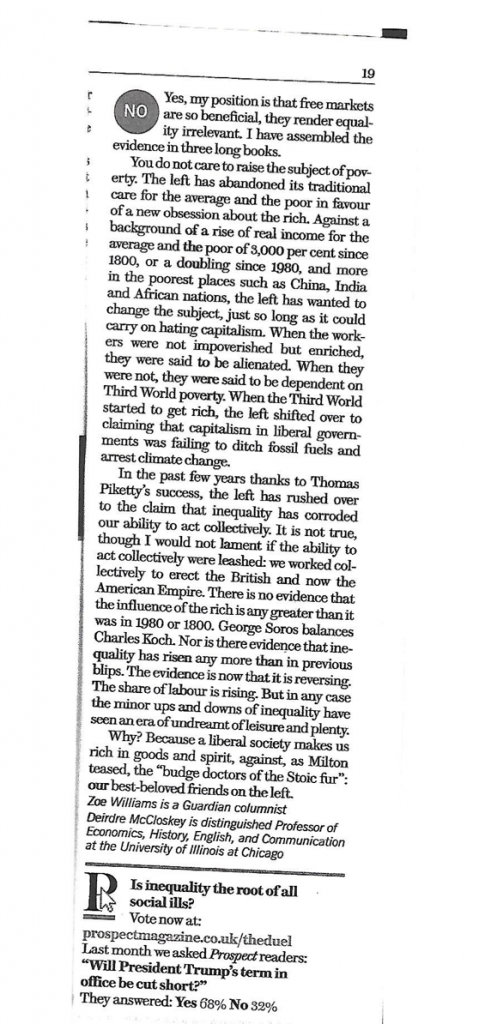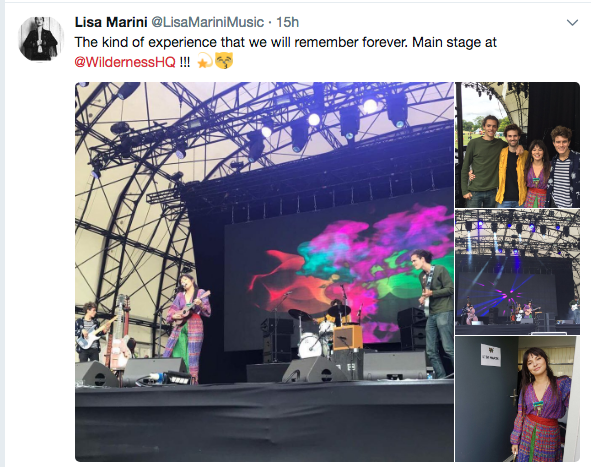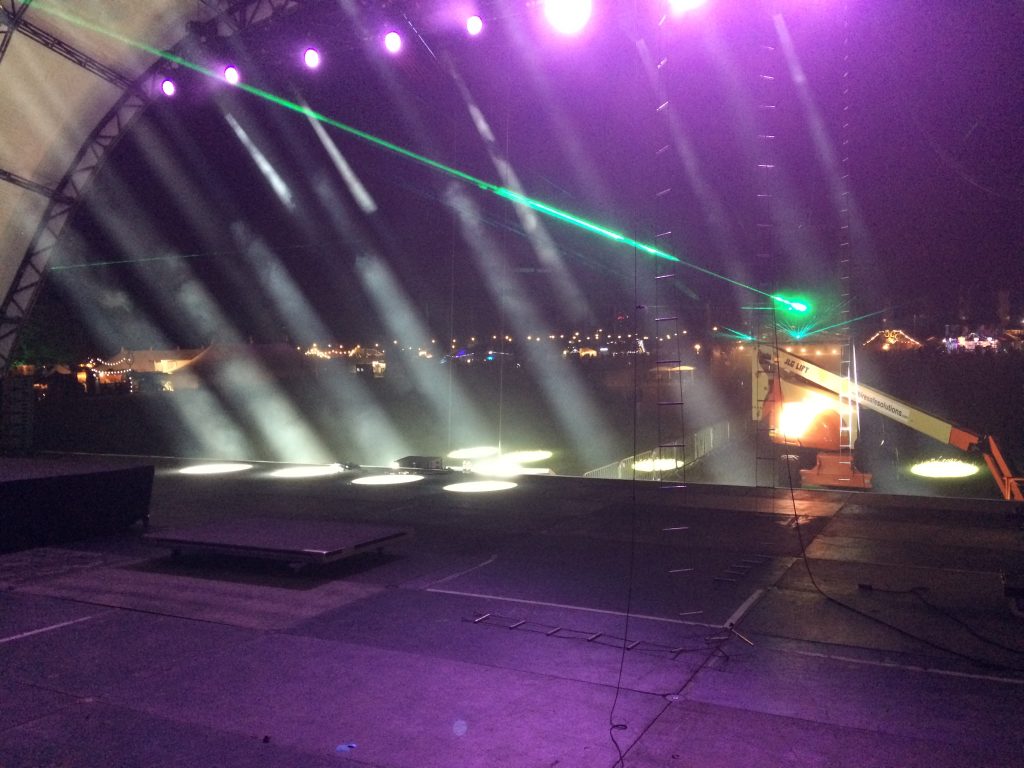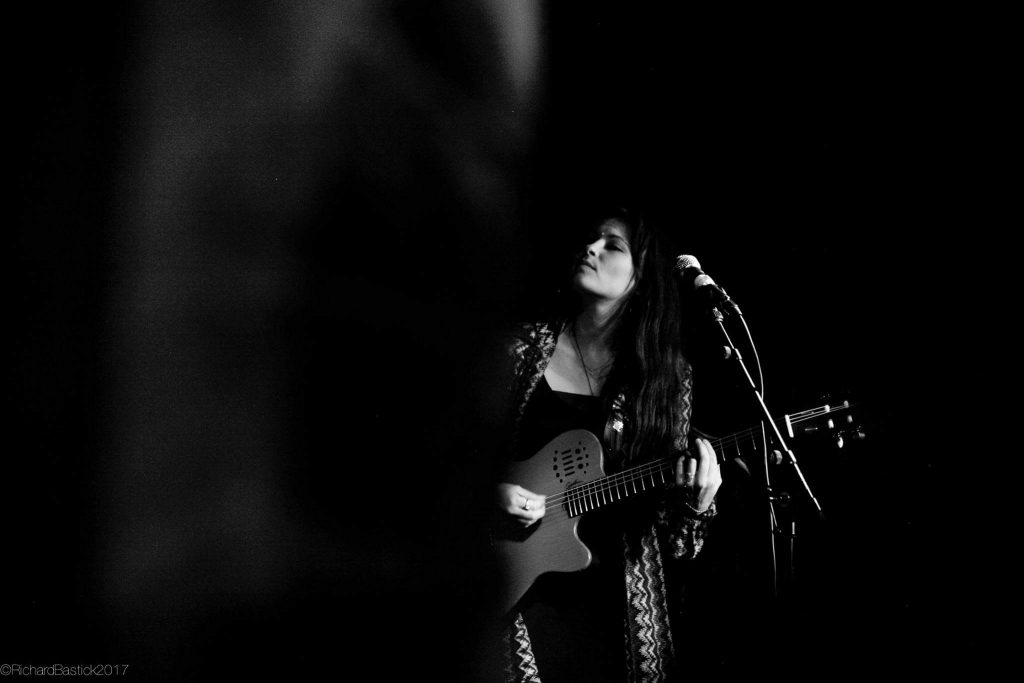I have been carrying on a discussion with some readers, (who wish to remain anonymous but gave me permission to publish our communications), about my ranting post – you know the anti-authority blurt. Reluctantly (I hate losing arguments) I must admit they have made some pretty good points. I feel like I am being ganged up on as there are two of them and only one of me so if anyone would care to rescue me before I must concede that not everything about capitalism is bad, I would be most obliged.
You can follow the discussion below
- After our first offline discussion in which I was introduced to the idea that the poor under capitalism were actually better off, I responded with this article
https://www.globaljustice.org.uk/myth-1-poor-are-getting-richer
- and got this response
(A.N.OTHER) Apologies for intruding in your dialogue with *** but she showed me the article from the world wide anarchist’s forum or whatever it was named and I suffered a degree of outrage. It struck me as falling into the category of serious misleading use of statistics to promote an agenda, similar but possibly worse than the Brexit £350 million claim.
The World Bank supplies the following data generally regarded as reliable by most economists.
1990 35% of the world in poverty ie living on less than $1.90c a day
2013 10.7%
In the above time-frame 1.1billion have moved out of poverty (using the above definition) with the total falling from 1.85 billion to 737 million. The fall has been particularly strong in China , India and Indonesia as they have all adopted aspects of the free market or ‘capitalism’. There has been improvements in Africa again when the evils of capitalism have been allowed to triumph but in some areas war and famine have impeded progress and in others Marxist dictators like Robert Mugabe have held up improvement. In other areas, as in many under-developed societies, economic growth shows in increased population rather than rapidly rising living standards.
I am reminded of the old joke current in the USSR in the late 1920s-
Food in the cities -No food in the countryside–the left party deviation
Food in the countryside-No food in the cities–the right party deviation
No food in the cities-No food in the countryside–the correct party line
Food in the cities-Food in the countryside—the evils of capitalism.
I attach a brief summary of part of an article in the latest edition of Prospect Magazine. I have read one of her three long books but this summarises her views very effectively
- to which I responded thus
(CN) I think you will both approve of much of this. I think it reflects your views and poo poos some of mine.
Fair enough?
Is the world really better than ever?
https://www.theguardian.com/news/2017/jul/28/is-the-world-really-better-than-ever-the-new-optimists?CMP=Share_iOSApp_Other
- I was on a roll so I followed it with this
(CN) I have been thinking hard about what I really object to about capitalism and why I have an irrational distaste for it (and religion to boot.)
I think it amounts to the same thing. In both cases intellectually I can see that they are not really that bad. Both ideologies have had a mixed record of good and bad outcomes and good and bad followers. I don’t think anyone could reasonably calculate whether overall they have been a force for good or evil. It might be possible to put numbers against improvements in GDP or the number of faith based charitable activities or the number of people who are not as poor as they were but it isn’t possible to put numbers against subtler variables like how we feel about ourselves or each other or our “superiors”. Maybe alternatives could have arisen that would have produced a better result than deference, industrialisation, less peripheral damage to peoples’ mind, body and soul and of course the planet. We will never know. Not is it worthwhile trying to figure it out. But emotionally I don’t have much time for either capitalism or religion (why to the two go so often hand in hand I wonder?) – real question – because both these positions ie that of the capitalist and the religious persons carry with them strong hierarchical resonances – and I sure don’t like being bullied by god or economists.
Only the present and the future matter. Whatever might have been in the past makes no calculable difference to the trajectory of the future = everything that happened in the past makes every difference to the future. Either way the solution to the equation is null.
Everything changes all the time. This ephemeral, temporary nature that pervades everything makes me very mistrustful of anyone that believes that anything is (even temporarily) permanent (ok hopefully you know what I mean) or sets itself beyond scrutiny. Often these claims of omnipotence are accompanied by a value judgement supported by evidence (miracles, the Bible, GDP statistics, other academics – standing on the shoulders of giants) showing that whatever it is that is being supported is also the best. God has made this claim for millennia and for 200 years so has Capitalism and of course communism, Marxism and all the other isms.
My brand of Anarchism (CN’s libertarian Anarchism) does not make this claim. There are almost no positive historic or anthropological precedents and if there were they would have no value given my statement above. My flavour of libertarian Anarchism proposes an evolutionary democratic approach. It proposes that the greatest gift for any human is freedom, but that we don’t know how to achieve that yet. A transitional government (government is a temporary necessity) should see itself as a part of the process of securing freedom for ALL. Not all socialists are anarchists, but if you like all anarchists are temporary socialists. By that I mean, a temporary socialist ‘flavour’ government (it could call itself liberal, womens equality party, green, conservative – I don’t care) that wishes to encourage opportunities for all is the most likely route toward the goal of universal freedom – namely no government at all. In anarchist philosophy the details of how this comes to pass cannot be set out in stone as this falls into the same trap as any other authorative approach (the dreaded strong government mantra) however the principle of a fair distribution of influence through democratic means remains fundamental to the transition period. The transition period will likely have characteristics that don’t please everyone, including CN, but the goal of the government remains the same, namely to make itself redundant once the principals of equality are fully ingrained in the culture.
So in the meantime what could we do? Wait for it to emerge naturally? We could but that seems to waste the notion of human ingenuity and problem solving. In the same way that technology was a catalyst for the industrial revolution, modern technology could be a catalyst for a reappraisal of our values and of our political systems. Accepting that capitalism has done some good work up until now, why should we assume it is fit for purpose in our modern technological society that has just changed significantly in the time it took me to write this sentence? Indeed thanks to all sorts of technology (“thanks capitalism”) aren’t we in a better position than ever to reappraise capitalist achievements and to re-cut the cake more fairly. (“Thank you again capitalism for providing us with this opportunity.”)
Unfortunately, we lack the political will because one of the primary products of capitalism is an unfair distribution of power that favours an economic elite (“Thank you Donald Trump for providing the perfect example of this.”) I am quite prepared to accept this is an unintended consequence of the Capitalist ideal but even so it is difficult for it to stand up to scrutiny, particularly for those that proffer moral scrutiny as a gold standard (I am not one). Even if we accept the notion that there is a drop down effect can’t we try to make the drop down more of a deluge.
So CN’s anarchism is for a progressive change of culture through temporary alignment with socialism in order to realise the central goal of universal freedom for all without government. Its starting point is to scrutinise (not destroy) the current, norms, traditions, hierarchies and values to see if positive innovation can help bring us toward this central goal. It has nothing whatsoever to do with communism, Marxism, national socialism, fox hunting or any other of these monstrous failures.
- This provoked a belated response to my very first blurt
(A.N.OTHER) You give your email the title,’anti authoritarian rant’ but you end by advocating a state grab of at the expense of private ownership. That state would then decide what necessities individuals would require to build a rewarding life, and redistribute accordingly.This all sounds pretty authoritarian to me, Chris.
You acknowledge that such states have so far ended up with tyrannical regimes but ask why this need always be the case. I would suggest that the answer lies in your opening declaration that you hate authority. If you hate authority why should anyone else not do so?
The forced abolition of private property would meet with some considerable resistance because most people ,like you, would not like being told what to do. This would lead to an inevitable clamp down, usually involving violence and loss of life, often on a very large scale.The accompanying instability would then lead to economic decline, which affects the poor the most.
Most revolutionaries, of right or left, have justified this period of violence as only a temporary means towards a greater good( in your case it would appear that this stage would teach us all not to like possessions and show us how to share with one another, eventually leading us to a society run on local cooperatives with no government) I would suggest that such periods are never temporary because those organising such an upheaval ,like the man who doesn’t want to give up his property, do not want to give up their new found power. Such a scenario is being played out today in Venezuela where their experiment in social justice has taken income per head back to the 1950s.
Now what about the mess that you think capitalism has caused. You seem to think that capitalism is only about greed,ownership and power; I would agree that these are not attractive values. But there was something much deeper underpinning its evolution , beginning in 17 century Holland, which in effect amounted to a mental revolution- the freedom to talk,express ideas openly and have them listened to in an environment of respect.
In creating a society where the ideas of ,not just those at the top, but those of the growing urban middle classes( previously much looked down upon) could b,e given respect and freedom to develop, the poor were enriched at a faster rate than ever before. But, as importantly, they were not just enrich ed in monetary terms. Philosophical and ethical ideas were openly discussed and wider freedoms evolved.This model was so successful it has been copied and further developed,firstly in Britain and as we have seen then into north west Europe and America
Because these societies have been developed on the ides of freedom tempered with respect and dignity for the individual, emancipation has ,over time, extended to those on the fringes society- the poor, women, the disabled. Most importantly all have been given the vote, which means those in power can be thrown out if the people feel the government is not serving their interests.
Governments are answerable to parliament where the notion of a ‘loyal opposition’ allows for free and open debate, now of course televised and available for all to see( even at the committee stage)In precapitalist days money undoubtedly gave you power but it is not true that in a democratic society those who spend the most money always get in; Hilary Clinton spent much more on her campaign than Donald Trump. (SECTION REDACTED BY CN as it will give identity of writer away).
“The great achievement of parliamentary democracy is that it takes potentially violent political conflicts and civilises them” (the economist-July 22nd 2017)
Outside the field of politics people have important freedoms: free speech, freedom to demonstrate, freedom to be different, freedom to write and create the art or music of their choice. We now have a variety of media which on the whole provides the means for a range of views to be expressed and criticised. We have an open press which represents a full range of opinions which are out in the open and subject to scrutiny( wish the same could be said for social media which ,yes ,it provides a more direct opportunity for ordinary people to air their views( all the result of capitalist innovation)but it can also be used more blatantly as a tool for propaganda and can provide a platform for nasty threatening behaviour which is really a form of bullying that society has not yet managed to contain.
Of course within any system that espouses freedom there will be those who will abuse it. That is why strong structures of law have to be in place and enforced independently of government, otherwise those in power can become involved in corruption and cronyism ( as was the case in precapitalist times and now in statist societies. In many ways states that take it upon themselves to grab ownership and redistribute are operating in the same way as precapitalist rulers).
The degree to which the law can step into the realm of individual freedom has to be constantly adjusted to suit new environments Accountability has to be a crucial part of a free society. Sometimes it fails, as we have seen in the recent banking crisis-interestingly it is in America that the toughest sentencing has been implemented; we in England have been sadly lacking in this area. It is an example of how governments and the law have to keep abreast of innovation so that they can protect the public against those who seek to use their freedom to exploit others. Exploitation was and is not now a way of enriching all. Too great an inequality gap not only holds back economic growth but creates a less cohesive, more unjust, unhappy and ultimately a more unstable society. So narrowing that gap is important. It is interesting that a recent IMF report found that enriching the very top end did not drive the whole economy forward but enriching the lower and middle did (exactly what the early innovative societies between the 17th and 19th centuries did).
It has been the freedom to have open conversations and create ideas, together with a preparedness to believe in and provide the means to back those ideas with financial support( because of course this can involve risk) that has driven innovation and has taken societies forward both in material and ethical ways.The process of innovation has had to be ongoing adapting all the time to change and new ways of thinking. Above all it has to be responsive.
I would suggest that your model of the theatre with its recognition of talent and expertise is the perfect example of innovative creativity and it is no coincidence that it thrives in our free society.
So please let’s not abuse the freedom we have and do a Mao( who also resented his father and hated authority ) in his cultural revolution , constantly throwing everything up in the air in the vague hope that something good will come out of it. We might end up with a bit of excitement but I suspect there would be a lot of sound and fury accompanied by much suffering.
When people are given choice where do they walk? Away from authoritarianism and towards freedom.
- at which point the BBC World at One broadcast two highly relevant points of view captured below.
(CN) So that is where we are now. I think I am struggling to rationalise my ingrained prejudices against power and authority with a more mature understanding of the pragmatics of economics – I will need to mull some more. I will be back!




